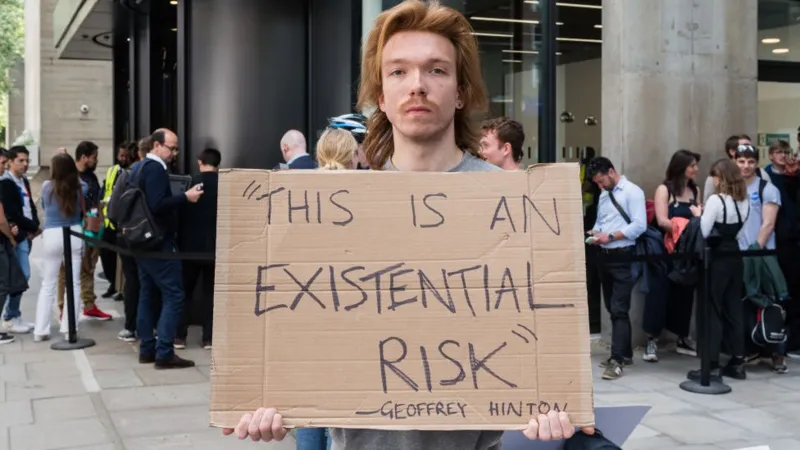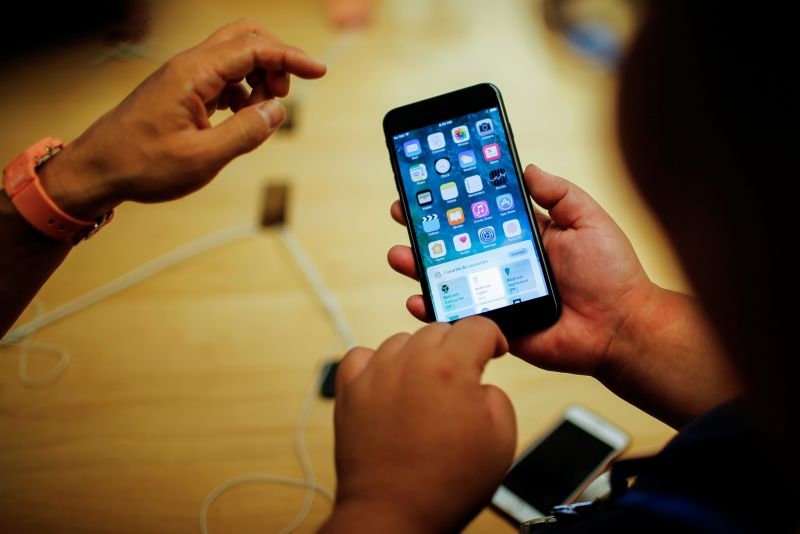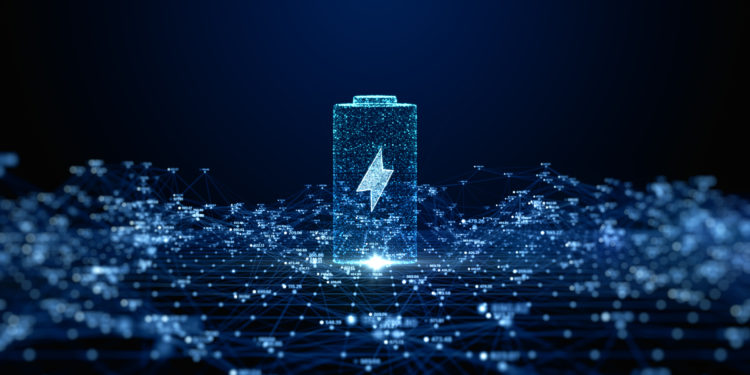THE GUARDIAN
Big tech has succeeded in distracting the world from the existential risk to humanity that artificial intelligence still poses, a leading scientist and AI campaigner has warned.
Speaking with the Guardian at the AI Summit in Seoul, South Korea, Max Tegmark said the shift in focus from the extinction of life to a broader conception of safety of artificial intelligence risked an unacceptable delay in imposing strict regulation on the creators of the most powerful programs.
“In 1942, Enrico Fermi built the first ever reactor with a self-sustaining nuclear chain reaction under a Chicago football field,” Tegmark, who trained as a physicist, said. “When the top physicists at the time found out about that, they really freaked out, because they realised that the single biggest hurdle remaining to building a nuclear bomb had just been overcome. They realised that it was just a few years away – and in fact, it was three years, with the Trinity test in 1945.
“AI models that can pass the Turing test [where someone cannot tell in conversation that they are not speaking to another human] are the same warning for the kind of AI that you can lose control over. That’s why you get people like Geoffrey Hinton and Yoshua Bengio – and even a lot of tech CEOs, at least in private – freaking out now.”
Tegmark’s non-profit Future of Life Institute led the call last year for a six-month “pause” in advanced AI research on the back of those fears. The launch of OpenAI’s GPT-4 model in March that year was the canary in the coalmine, he said, and proved that the risk was unacceptably close.
Despite thousands of signatures, from experts including Hinton and Bengio, two of the three “godfathers” of AI who pioneered the approach to machine learning that underpins the field today, no pause was agreed.
Instead, the AI summits, of which Seoul is the second following Bletchley Park in the UK last November, have led the fledgling field of AI regulation. “We wanted that letter to legitimise the conversation, and are quite delighted with how that worked out. Once people saw that people like Bengio are worried, they thought, ‘It’s OK for me to worry about it.’ Even the guy in my gas station said to me, after that, that he’s worried about AI replacing us.
READ THE FULL STORY IN THE GUARDIAN



